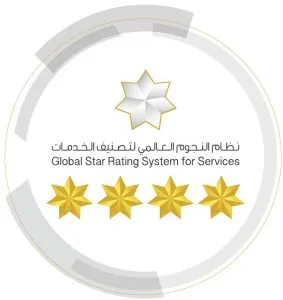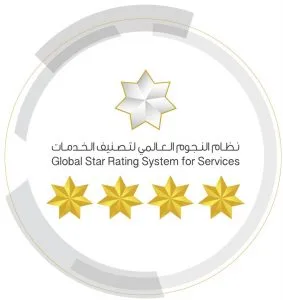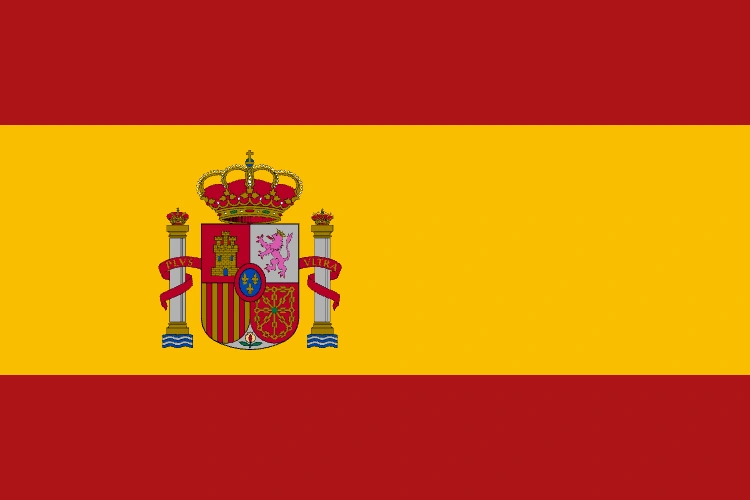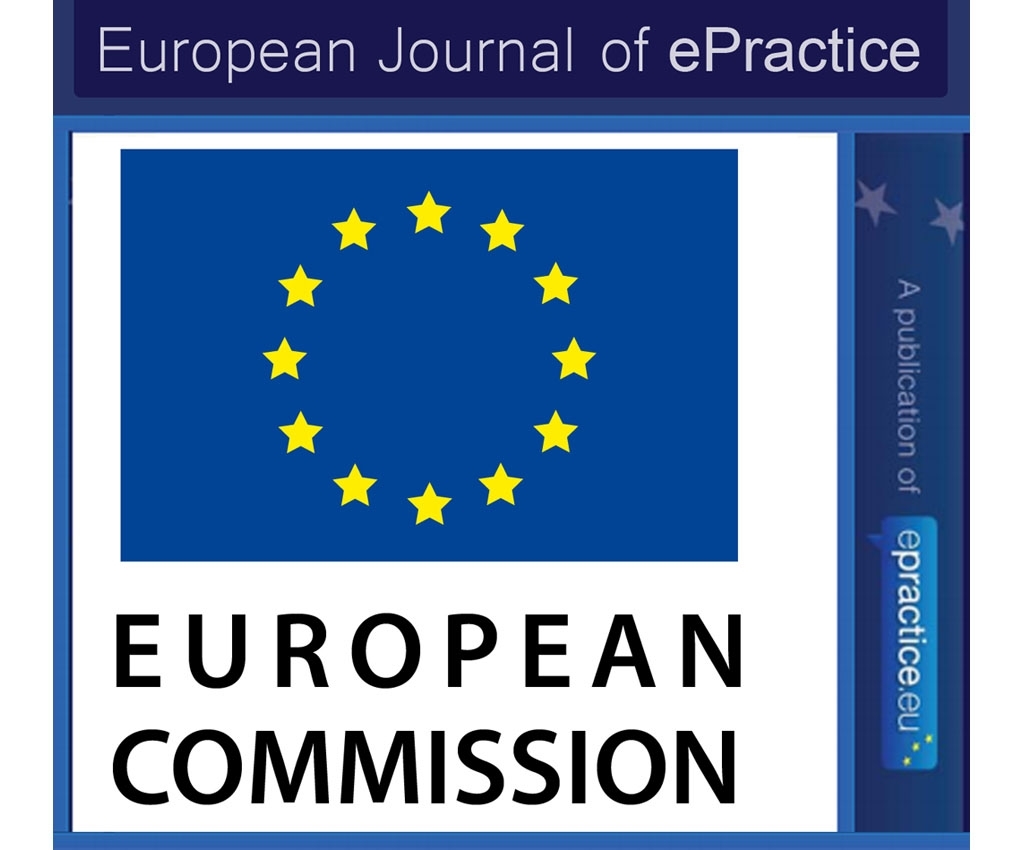A new scientific research published by the Emirates Identity Authority coincided with an achievement made by the UAE when it advanced 92 ranks on the ‘online service index’, one of the four indexes the United Nations considers when measuring eReadiness of countries around the world. The UAE has leapt to rank 7 on ‘web presence index’ in the United Nations E-Government Survey 2012 issued a few days ago, up from rank 99 in the 2010 version of the same report.
The research, published by the Emirates Identity Authority in the European Journal of ePractice, gives a general explanation of the digital ID project in the UAE, which is being implemented by the Emirates Identity Authority as a major part of its strategic project aimed at developing the infrastructure of the ID management system in the UAE.
The research, titled “Public Key Infrastructure in Government Digital Identity Management Systems”, throws the light on the components and elements of the UAE project and the government’s plan to set up an electronic certification center to verify the identities of customers as regards the services provided to the public through service points or electronic gates.
The research contains a set of advanced administrative ideas and guides featuring realistic solutions to a number of challenges that face governments when implementing such sophisticated projects. It also reviews a number of relevant European initiatives including a project for electronic linkage among the member countries of the European Union and its similarities and differences with the UAE project, and a project for unifying the uses of ID card among the GCC countries.
The researcher points out that a number of governments are still pursuing a very cautious policy in their plans and strategies related to eGovernment projects. The reason behind this lies in the fact that the work environments of eGovernment projects lack the effective means through which to build trust and verify the identity of the beneficiary of services on digital networks.
The research, published on the Emirates Identity Authority’s website clarifies that these studies show that the efforts of governments and concerned entities have not only scattered but have also failed to develop portals and online services on the Internet due to their being away from a clear-cut strategic vision and focusing only on automating some transactions and procedures that were previously available to the public only traditionally, i.e. through the direct service points.
The researcher believes that despite the huge investments in eGovernment projects, the existing statistics and studies show that the success of these projects was limited over the past 15 years.
The research underscores the importance of establishing the infrastructure required to build the trust necessary for going forward in the eGovernment projects in the light of the existing and emerging facts and challenges. It also stresses the necessity to adopt new concepts and technologies that represent advanced forms of identities, such as the concept of digital identities, while concentrating on the role of the public key infrastructure technologies in meeting such requirements.
It is noteworthy that the UAE advancement in the eReadiness index represents an unprecedented case in the history of the UN global eGovernment readiness reports, considering that no country of the world has previously made this quantum leap, which has reflected positively on the general evaluation of the UAE eReadiness and led the UAE to advance from rank 49 in 2010 to rank 28 in 2012.
The Emirates Identity Authority contributed to the UAE rank, particularly through its participation in the global conferences and its keenness on publishing scientific papers on a regular basis. So far, the Emirates Identity Authority has participated in over 20 scientific researches and studies, which throw the light on the Emirates Identity Authority’s strategic role in developing the infrastructure of the eGovernment in the UAE.
It is worthwhile that the European Journal of ePractice, which was established with the support of the European Commission in 2007 and is run by an independent editorial board, is concerned with the diffusion of good practice in eGovernment and is aimed at supporting the activities of digital communities and keeping pace with the efforts of governments on their way towards eTransformation and digital and knowledge-based economy.
http:www.epractice.eu/en/journal
Latest Posts

ICP Discusses the “Single Point” Passenger Project with a Bahraini Delegation

ICP Participates in the World Governments Summit 2026 with a High-Level Delegation

The Director General of ICP Discusses the Development of Digital Services with Senior Officials

ICP Exchanges Governance Best Practices with the National Center of Meteorology

General Directorate of Nationality Discusses Work System and Staff Forum






 German
German Portuguese
Portuguese French
French Russian
Russian Chinese
Chinese
Rate your experience